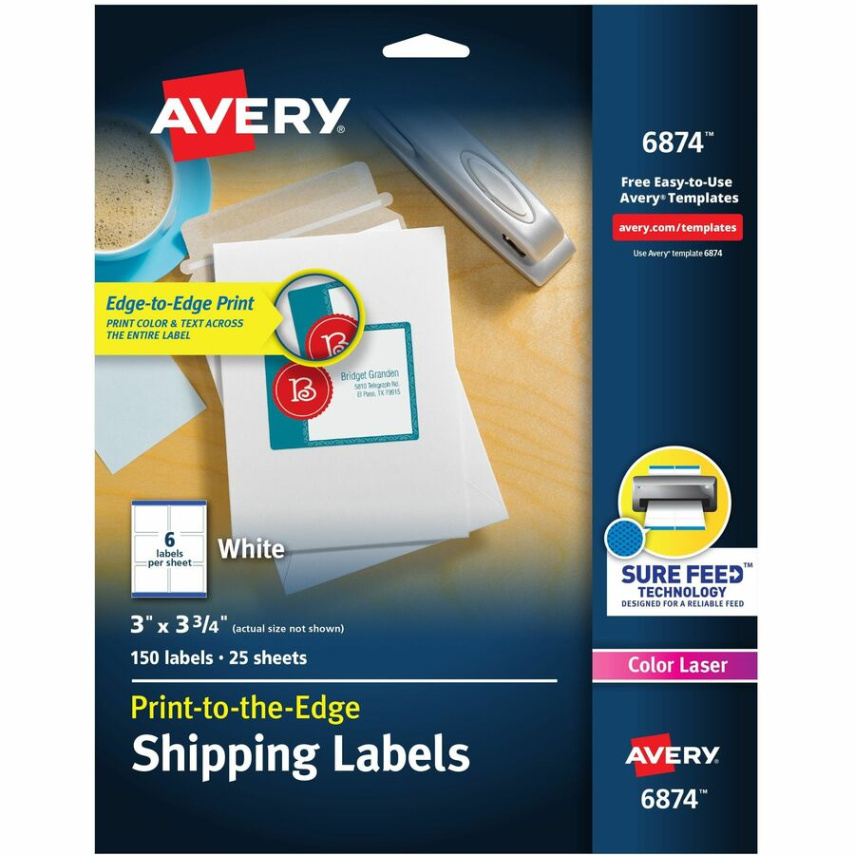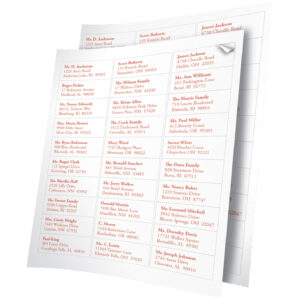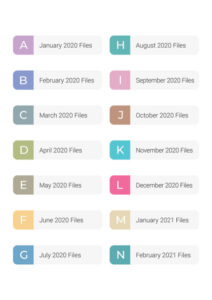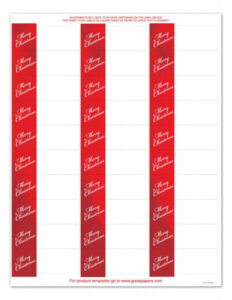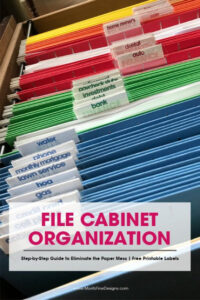Office depot file folder labels template. Label design templates are essential tools across different markets, simplifying the procedure of creating regular and expert tags. These templates supply a structured format that can be tailored to fit various demands, making sure that every tag generated is uniform and satisfies the specific needs of the job available. Whether for business, individual use, or specialized markets, tag layouts help improve operations, maintain branding, and boost general effectiveness.
Tag layouts streamline the style process by offering a preformatted design that users can tailor to match their details requirements. These design templates commonly consist of placeholders for message, images, and barcode areas, making it simple to produce tags without extensive design skills. Users can simply fill in the called for details, change formatting if essential, and generate a professional-looking label in mins.
In addition to advertising consistency, tag layouts considerably save time. Producing a label from square one for every brand-new product or delivery can be time-consuming and prone to errors. Layouts, nonetheless, can be quickly adjusted with the necessary info, such as product information, addresses, or barcodes. This efficiency is specifically helpful for services that manage a huge quantity of products or deliveries. By reducing the moment spent on tag production, employees can concentrate on other essential jobs, consequently enhancing performance.
Beyond aesthetics, tag design templates are designed to maximize the discussion of product information. They give organized areas for crucial details such as ingredients, usage directions, producing days, and lawful disclaimers. Clear and arranged information not only follows regulative criteria yet also assists consumers make educated acquiring choices.
Different products need various label layouts. A functional label theme enables organizations to tailor labels according to the specific requirements of each item group. For example, food products may require dietary details prominently displayed, while cosmetics could focus on highlighting vital active ingredients and advantages.
Numerous software program and tools are readily available for creating and utilizing tag templates. Programs like Microsoft Word and Excel use integrated label layouts that customers can conveniently accessibility and customize. Adobe Illustrator and Photoshop offer more advanced options for designing elaborate and comprehensive tags. Online tools like Canva and Avery Design & Print offer user-friendly user interfaces and a vast array of themes that can be modified and printed directly from the internet. These devices differ in complexity and capability, catering to both newbie individuals and professional designers. The availability of these tools makes it easier than ever to produce premium labels for any kind of objective.
Selecting a standard label layout enhances the production process. As soon as a template is established, it can be quickly duplicated for various batches or product variations, conserving time and lowering costs connected with style modifications. This effectiveness is especially valuable for businesses with high-volume production or constant product updates.
Certain markets have stringent laws regarding labeling demands. A well-designed tag layout guarantees conformity with these criteria, protecting against possible legal concerns and making sure consumer safety. Templates can consist of standardized symbols, advising labels, or certification marks essential for regulative approval.
While tag layouts provide countless advantages, it is essential to consider their ecological impact. The production and disposal of labels can contribute to squander otherwise handled appropriately. To alleviate this, individuals can opt for eco-friendly tag materials, such as recycled paper or biodegradable choices. Digital labeling solutions are one more method to decrease environmental impact, allowing details to be shared digitally rather than via physical tags. In addition, designing tags efficiently to lessen waste and utilizing themes that maximize using area on label sheets can add to even more lasting practices. Balancing the ease of tag themes with ecological considerations is vital for liable usage.
The future of tag templates is likely to be influenced by developments in innovation and modifications in customer preferences. Automation and expert system may play a larger duty in the style and production of tags, making the procedure a lot more efficient. Personalization will certainly remain to be a significant fad, with customers seeking more personalized and special labels for their items and individual use. Sustainable and environmentally friendly labels will certainly become significantly important as ecological recognition grows. Furthermore, the assimilation of digital modern technologies, such as QR codes and enhanced fact, can transform the method labels are used, providing interactive and dynamic experiences. The development of label design templates will certainly show wider patterns in technology, customization, and sustainability.
Tag templates are flexible and effective tools that streamline the process of producing tags for a vast array of applications. Their capacity to save time, guarantee consistency, and offer personalization makes them invaluable in both business and individual contexts. With the availability of various kinds of layouts and user-friendly devices for modification, anyone can develop professional and reliable labels. As we progress, the combination of brand-new modern technologies and a concentrate on sustainability will certainly form the future of label layouts, making them much more vital and innovative. Accepting the advantages of tag design templates can bring about higher effectiveness, company, and professionalism and reliability in all locations of life.

